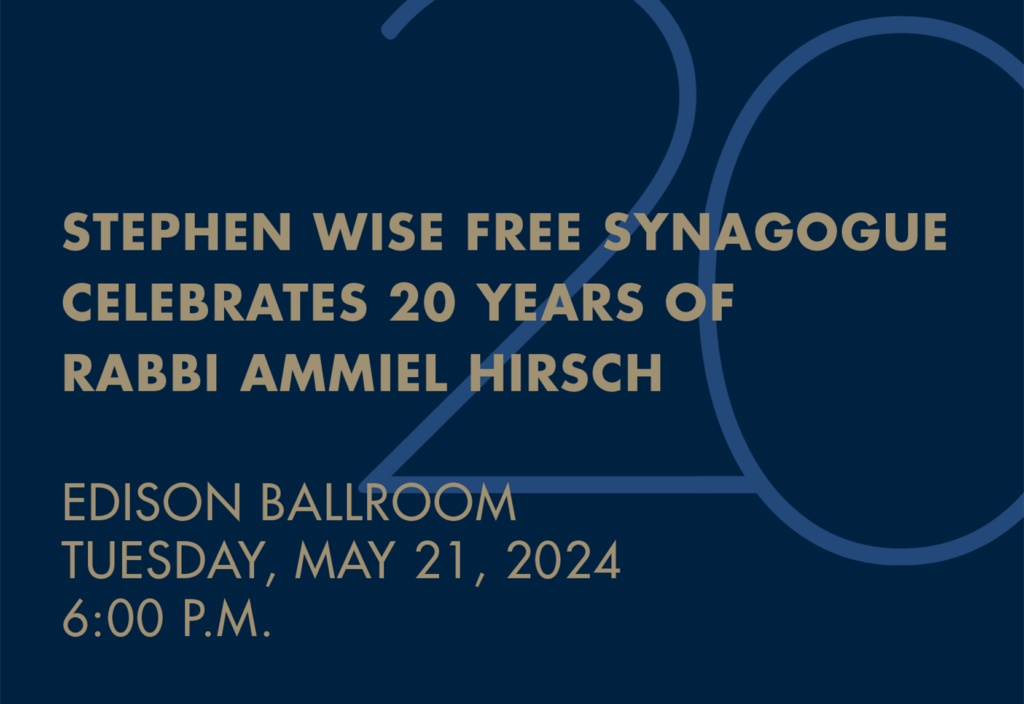“Relationships have always been fraught with challenges with no simple ethical solutions,” says Rabbi Samantha Natov. This week’s parashah introduces us to the Nazarites, ancient monks who sought to avoid these conflicts and achieve purity by living separately from others. “We might view this as a loss on their part. We are meant to engage in life fully, not hermetically seal ourselves away. The point isn’t to never go astray. It’s about how we come back.”
“Have you been following the emergence of what may be as many as a trillion cicadas throughout the Midwest and Southeast?” asks Rabbi Ammi Hirsch. Maybe not. “New Yorkers don’t really commune with nature,” he says. But this year — the first time in 221 years that two cicada broods will rise from the earth simultaneously — perhaps we can learn something from these humble insects…
“There are plenty of other texts in the Torah that we would also prefer to ignore, reject, explain away. As modern Jews,what do we do with sacred text that does not resonate with our values?” asks Rabbi Samantha Natov as we look ahead to Shavuot. “We wrestle with Torah. It documents the best and worst of us. It shows us what we are capable of — and sides of ourselves we would prefer not to see…”
“This is an existential moment, not only for Israel, but for us in North America. We are in the midst of a great ideological struggle, the outcome of which will determine whether liberal Judaism will thrive in the diaspora, or will fracture and shatter into a thousand pieces,” said Rabbi Ammiel Hirsch at the opening of Re-CHARGING Reform Judaism, a two-day conference gathering some 300 Reform clergy, educators and lay leaders at Stephen Wise Free Synagogue. Hirsch spoke about the Reform movement’s need for a strategy to instill Zionism and love of Jewish peoplehood in the next generation, the ordination of Zionist Reform clergy, and our response to social justice partnerships that clash with our Jewish values.
“How often have we reacted instinctively and immediately regretted it?” asks Rabbi Dalia Samansky. Recognizing our weaknesses, the Torah prescribes rest periods and mitzvot to encourage us to pause and reflect. “When we take that extra moment to choose our actions and words, we reach our highest potential.”
“How many of us say something and then curate and filter information to support our position – and prove we are right rather than diving into learning about facts and complexities of the situation in Israel and Gaza?” asks Rabbi Samantha Natov. “In Berakhot we read: ‘Teach your tongue to say I do not know!’ And yet, it’s so hard to admit that we don’t know. It takes courage — but it is only when we make room for uncertainty that we open ourselves to truth…”


